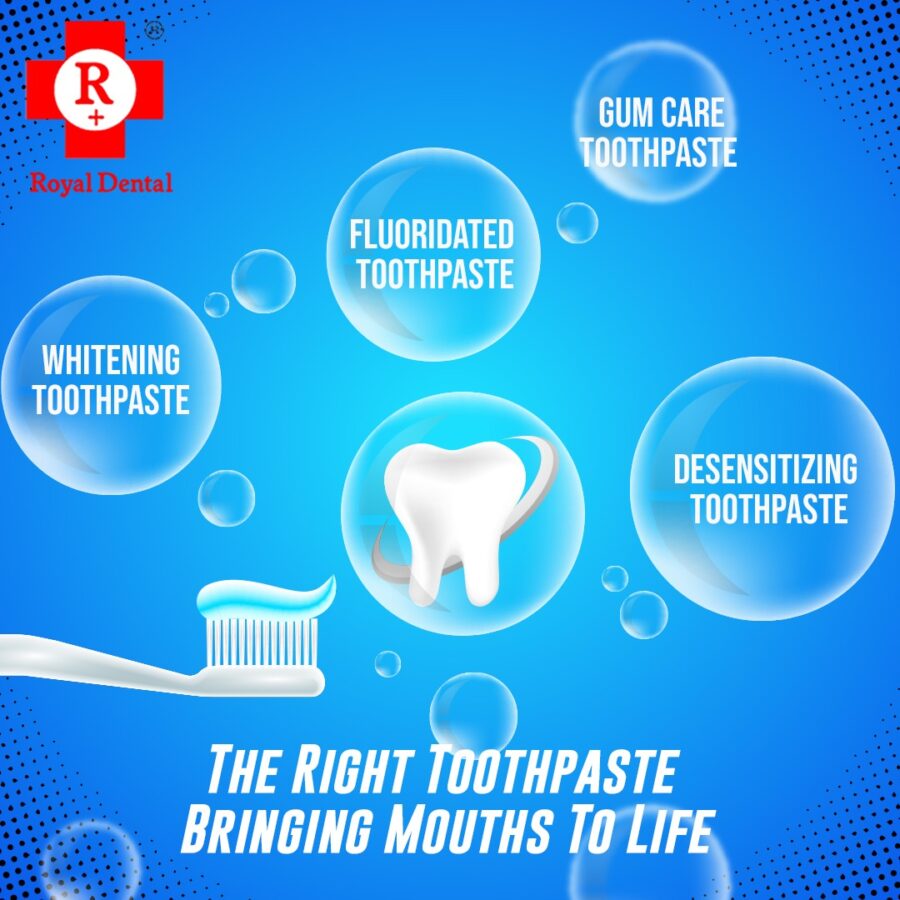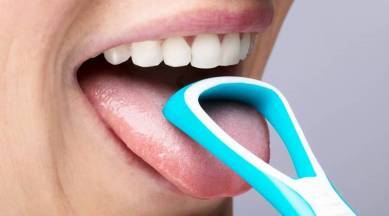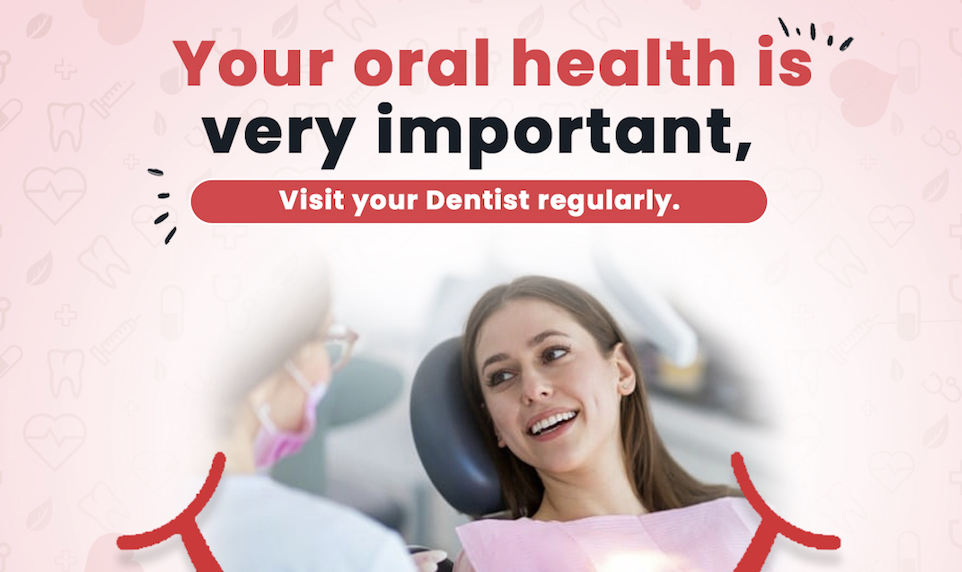Good oral hygiene is not just about having a bright, healthy smile. Did you know that poor oral health can lead to an increased risk of infectious diseases? It may come as a surprise, but the health of our teeth and gums can have a significant impact on our overall health. From heart disease to respiratory infections, the link between oral health and infectious diseases is a topic that deserves attention. In this article, we will explore the surprising connection between oral health and infectious diseases, and discuss what you need to know to maintain good oral hygiene and protect yourself from potential health risks. So, if you want to learn more about how your oral health impacts your overall well-being, keep reading!
The link between oral health and infectious diseases – an overview
Oral health is an essential component of overall health, and poor oral health can lead to various systemic diseases, including infectious diseases. The oral cavity is a gateway to the body, and bacteria, viruses, and fungi can enter through the mouth and cause infections. Here is an overview of the link between oral health and infectious diseases.
Periodontitis and cardiovascular diseases: Periodontitis is a chronic inflammatory disease of the gum and bone surrounding the teeth. Research has shown that the bacteria that cause periodontitis can enter the bloodstream and contribute to the development of cardiovascular diseases, such as atherosclerosis, heart attack, and stroke.
Periodontitis and respiratory diseases: The same bacteria that cause periodontitis can also colonize the lungs and cause respiratory infections, such as pneumonia and chronic obstructive pulmonary disease (COPD). Inhaling oral bacteria can also exacerbate existing respiratory conditions.
Dental caries and endocarditis: Dental caries (tooth decay) is a common oral disease caused by the bacteria Streptococcus mutans. These bacteria can enter the bloodstream through dental procedures and cause endocarditis, which is an infection of the heart’s inner lining.
- Oral herpes and other viral infections: Oral herpes is a viral infection caused by the herpes simplex virus. The virus can spread through oral sex and cause genital herpes. The human papillomavirus (HPV) can also spread through oral sex and cause cancer of the mouth and throat.
- Candidiasis and immunocompromised patients: Candidiasis is a fungal infection caused by the yeast Candida. People with weakened immune systems, such as those with HIV/AIDS, cancer, or diabetes, are more susceptible to oral candidiasis.
The impact of poor oral hygiene on the immune system
Poor oral hygiene can have a significant impact on the immune system, as the mouth is an entry point for harmful pathogens. The immune system plays a critical role in defending the body against harmful invaders, including bacteria and viruses, and poor oral hygiene can weaken the immune system’s ability to fight off these invaders. Here are some of the ways poor oral hygiene can impact the immune system:
- Inflammation: Poor oral hygiene can lead to the accumulation of harmful bacteria in the mouth, which can trigger an inflammatory response. Chronic inflammation can weaken the immune system over time, making it less effective at fighting off infections.
- Increased susceptibility to infections: When harmful bacteria are allowed to accumulate in the mouth, they can enter the bloodstream and spread throughout the body, increasing the risk of infections in other parts of the body.
- Reduced immune response: Poor oral hygiene can reduce the body’s ability to produce antibodies and other immune system cells, which can weaken the body’s overall immune response.
- Impaired wound healing: When the immune system is weakened, wound healing can be impaired. This can result in delayed healing of oral wounds, such as those caused by dental procedures or injuries to the mouth.
Heart disease and oral health – the connection explained
The link between oral health and heart disease has been a topic of research for many years. Studies have shown that people with poor oral hygiene are more likely to develop heart disease than those with good oral hygiene. This is because the harmful bacteria in the mouth can enter the bloodstream and attach to the walls of the arteries, leading to inflammation and the formation of plaques. Over time, these plaques can block the arteries, leading to a heart attack or stroke.
Moreover, the inflammation caused by gum disease can also contribute to the development of heart disease. Inflammation can lead to the formation of clots, which can block the blood flow to the heart, leading to a heart attack.
Respiratory infections and oral health – what you need to know
Respiratory infections, such as pneumonia and bronchitis, are common in people with poor oral hygiene. This is because harmful bacteria in the mouth can enter the lungs and cause infections. Moreover, the inflammation caused by gum disease can also affect the respiratory system, making it more susceptible to infections.
In addition, people with respiratory infections are more likely to develop gum disease. This is because the immune system is compromised during the infection, making it harder for the body to fight off harmful bacteria in the mouth.
Pregnancy and oral health – how it affects both mother and baby
Maintaining good oral hygiene is especially important during pregnancy. Poor oral health can lead to a range of health problems for both the mother and the baby. For example, gum disease during pregnancy has been linked to premature birth and low birth weight. Moreover, the harmful bacteria in the mouth can enter the bloodstream and affect the developing baby.
Pregnancy can also affect oral health. Hormonal changes during pregnancy can lead to an increased risk of gum disease and tooth decay. This is why pregnant women need to maintain good oral hygiene and visit a dentist regularly.
Tips for maintaining good oral hygiene to reduce the risk of infectious diseases
Maintaining good oral hygiene is essential for reducing the risk of infectious diseases. Here are some tips for keeping your teeth and gums healthy:
- Brush your teeth twice a day with fluoride toothpaste.
- Floss at least once a day to remove food particles and plaque from between your teeth.
- Use mouthwash to kill bacteria and freshen your breath.
- Limit sugary and acidic foods and drinks, as they can damage your teeth.
- Visit a dentist regularly for check-ups and cleanings.
The role of dentists in identifying and preventing potential health risks
Dentists play a critical role in identifying and preventing potential health risks, as oral health is closely linked to overall health. Here are some ways dentists can identify and prevent potential health risks:
- Oral cancer screening: Dentists can perform regular oral cancer screenings during dental check-ups to detect early signs of oral cancer. Early detection is key to successful treatment and can help prevent the cancer from spreading.
- Detecting and treating gum disease: Gum disease, also known as periodontitis, can lead to serious health problems if left untreated. Dentists can identify early signs of gum disease and provide treatment to prevent it from progressing.
- Identifying sleep apnea: Dentists can also identify symptoms of sleep apnea during dental check-ups, such as snoring or grinding teeth. They can refer patients to a sleep specialist for further diagnosis and treatment.
- Monitoring diabetes: People with diabetes are more prone to oral health problems, and dentists can monitor oral health to help manage diabetes. They can also educate patients on the importance of maintaining good oral hygiene and controlling blood sugar levels.
- Providing advice on healthy lifestyle habits: Dentists can provide advice on healthy lifestyle habits that can improve oral and overall health, such as a healthy diet, regular exercise, and avoiding tobacco and excessive alcohol consumption.
Oral health products and practices that can help prevent infectious diseases
There are many oral health products and practices that can help prevent infectious diseases. Here are some of them:
- Fluoride toothpaste: fluoride helps strengthen the enamel and protect against tooth decay.
- Mouthwash: mouthwash can kill bacteria and freshen your breath.
- Floss: flossing removes food particles and plaque from between your teeth.



- Tongue scraper: a tongue scraper can remove bacteria from the surface of the tongue.
- Drinking water: drinking water can help flush out harmful bacteria from the mouth.
- Chewing sugar-free gum: chewing sugar-free gum can stimulate the production of saliva, which can neutralize harmful bacteria in the mouth.


Conclusion
Maintaining good oral hygiene is essential for overall well-being. Poor oral health can lead to a range of health problems, including infectious diseases, heart disease, respiratory infections, and even certain types of cancer. By maintaining good oral hygiene and visiting a dentist regularly, you can reduce the risk of these health problems and protect yourself from potential health risks. Remember to brush your teeth twice a day, floss at least once a day, and limit sugary and acidic foods and drinks. By taking care of your oral health, you can enjoy a healthy and happy life.






